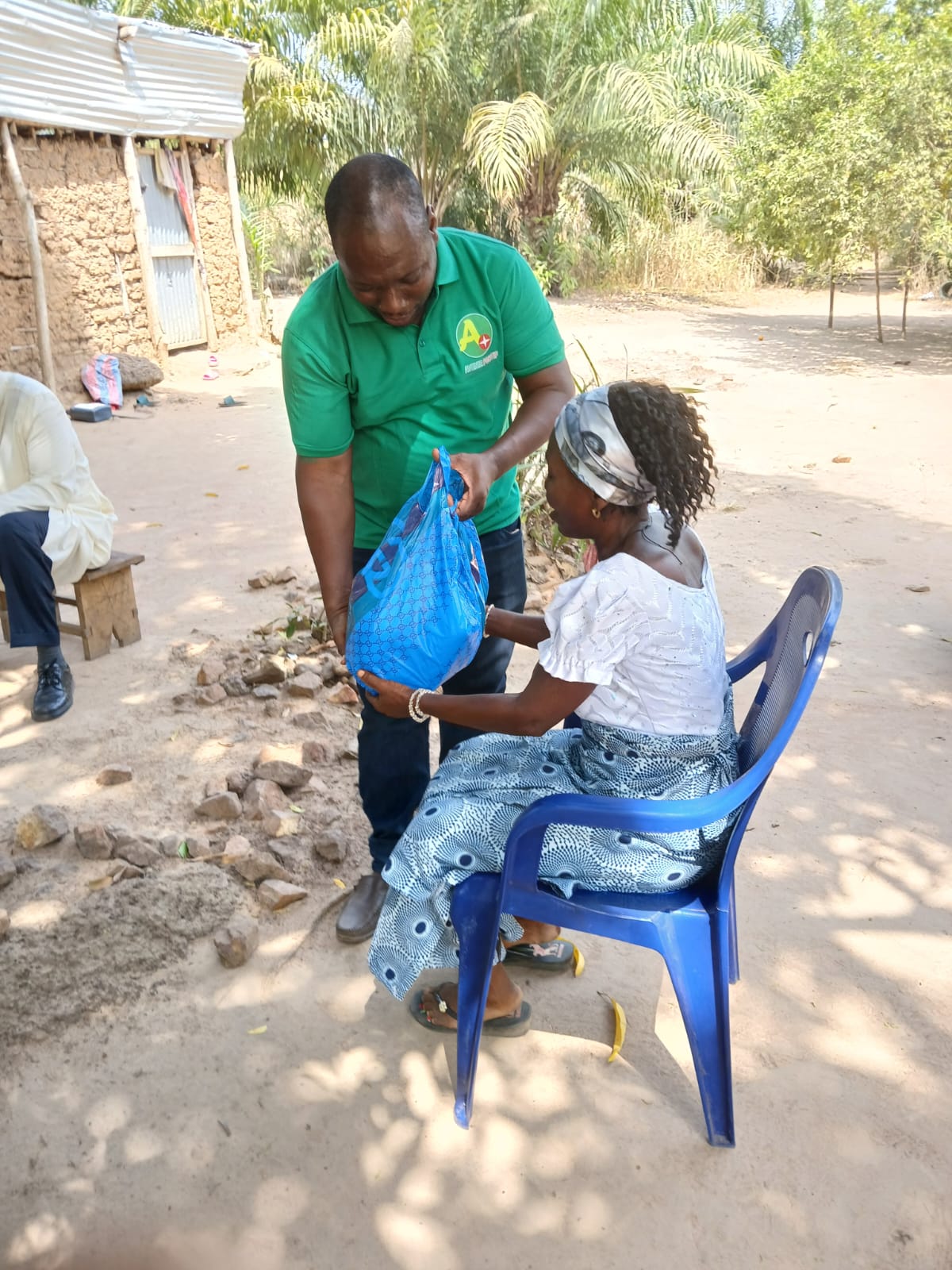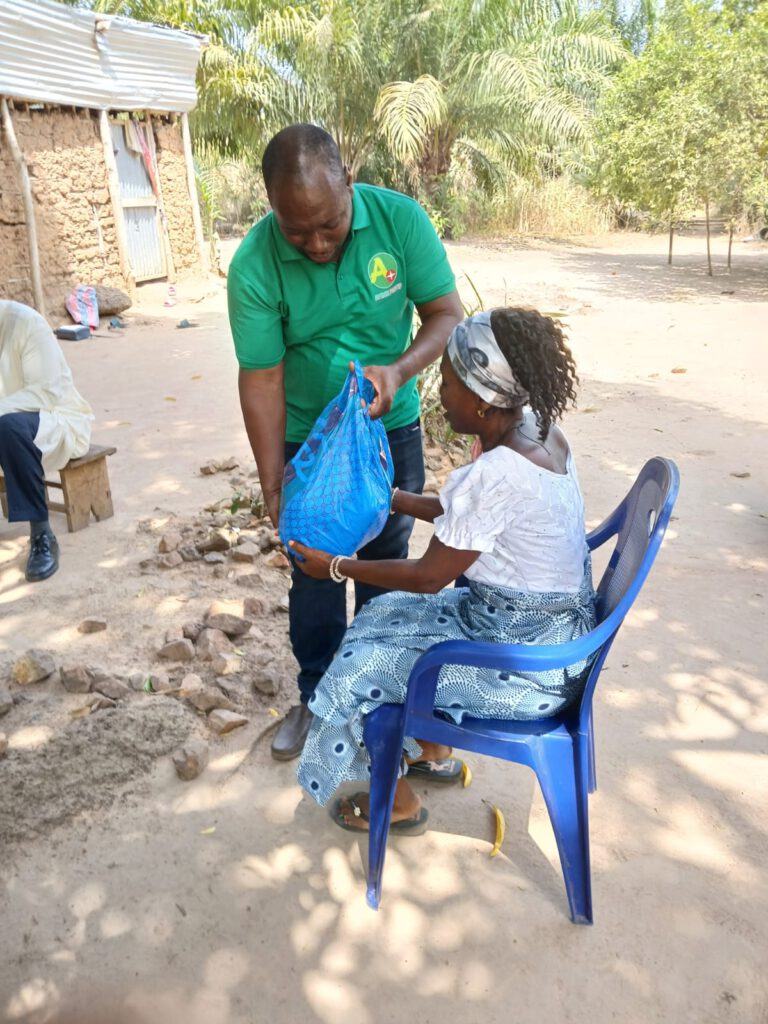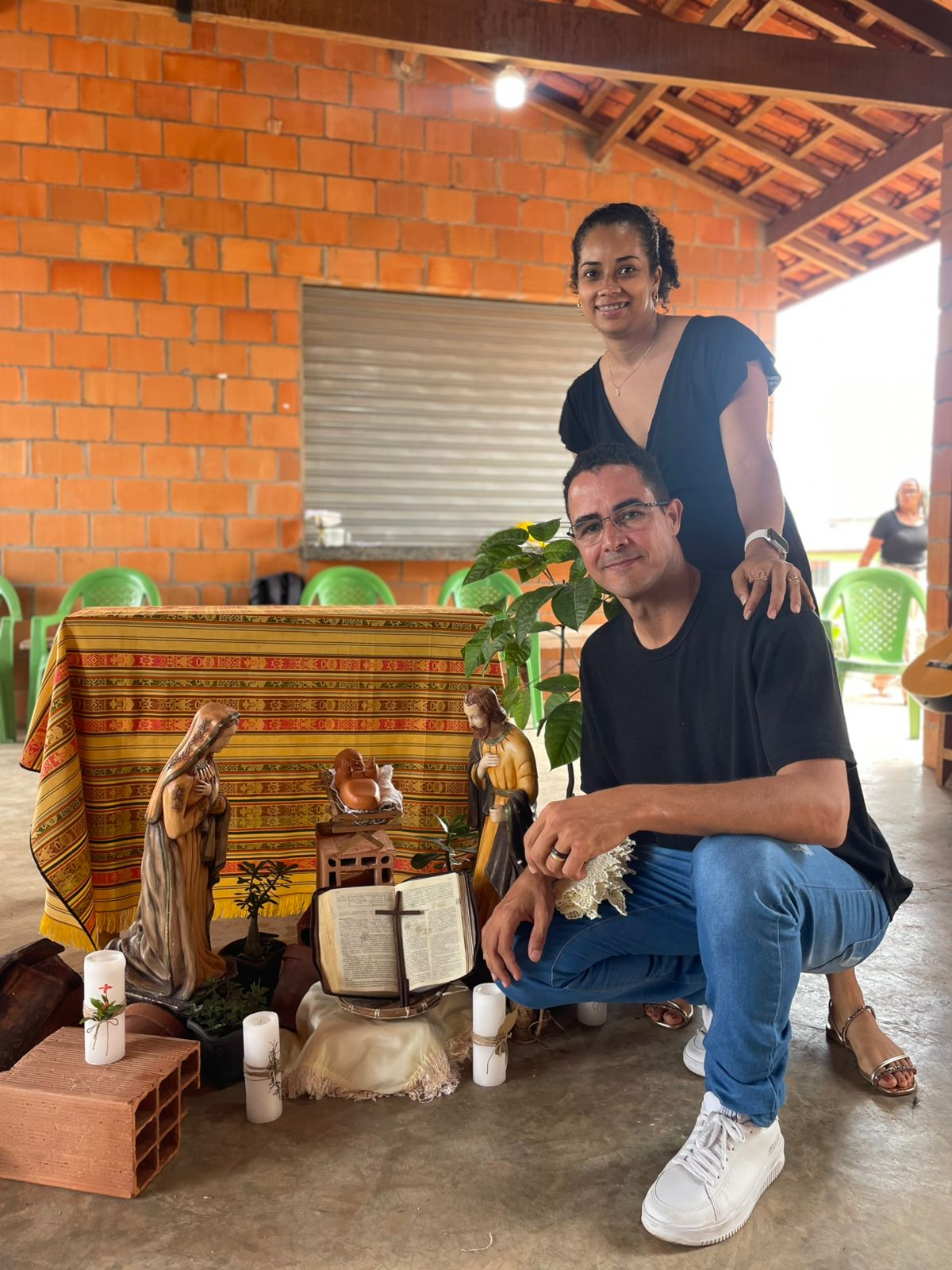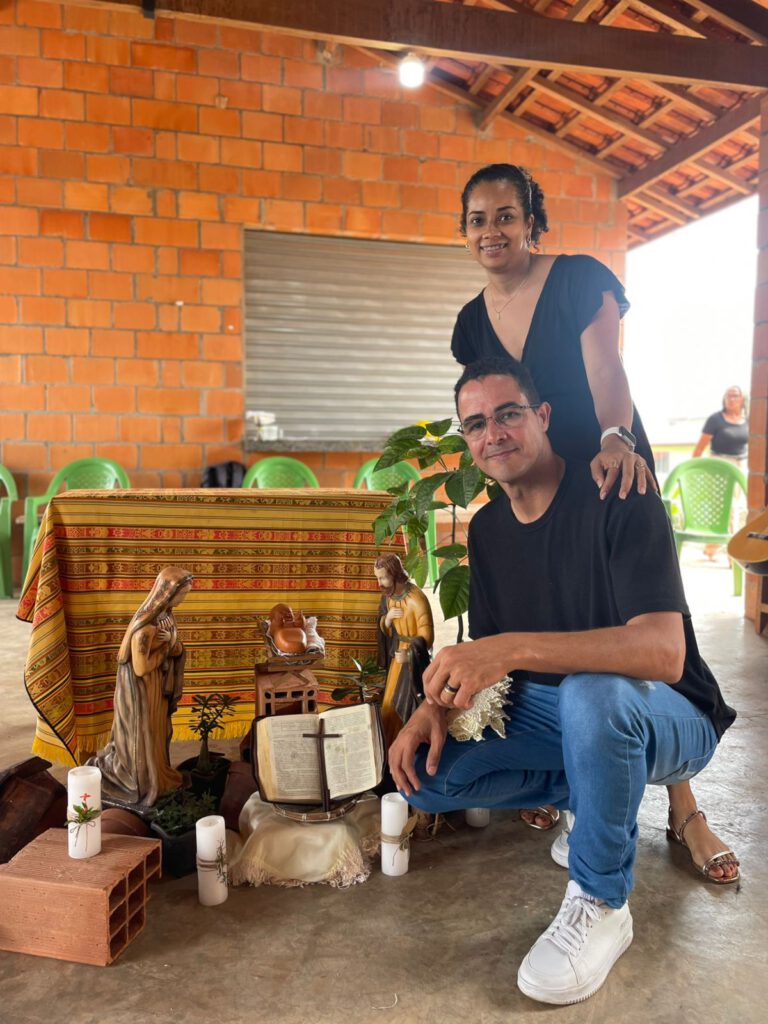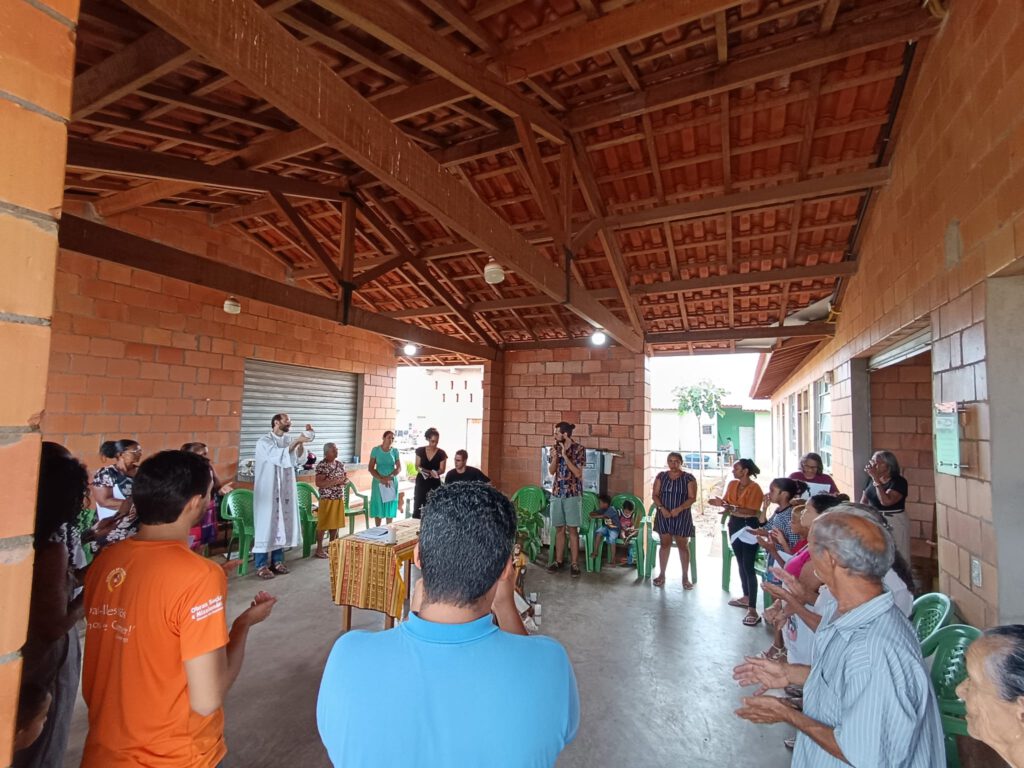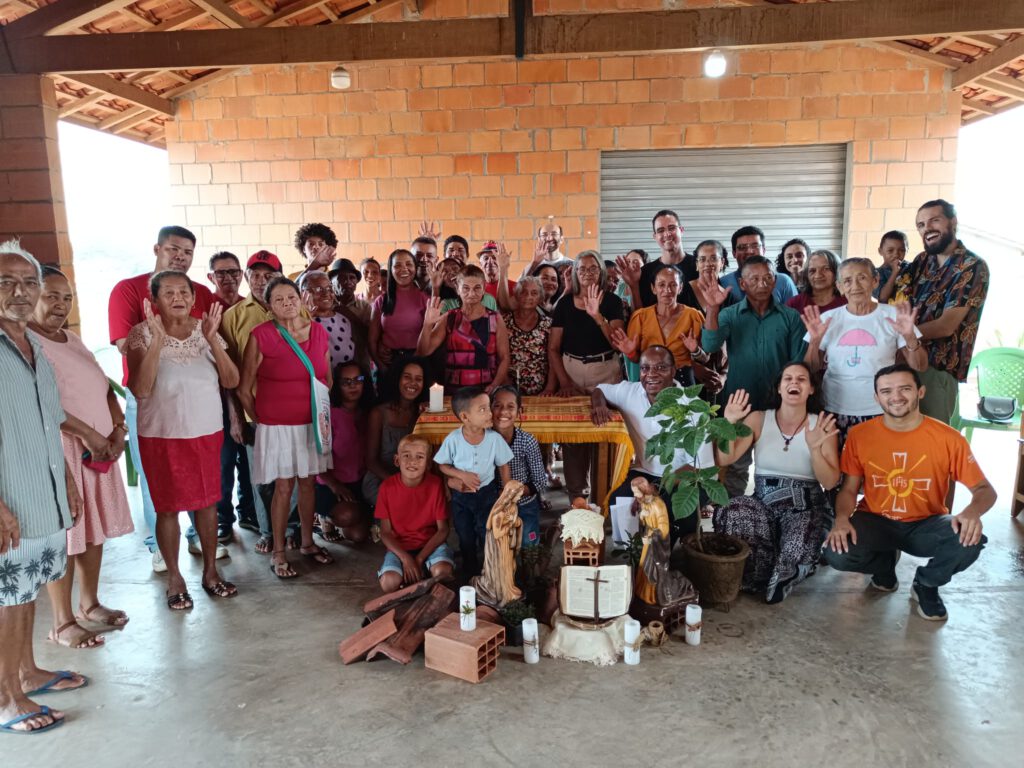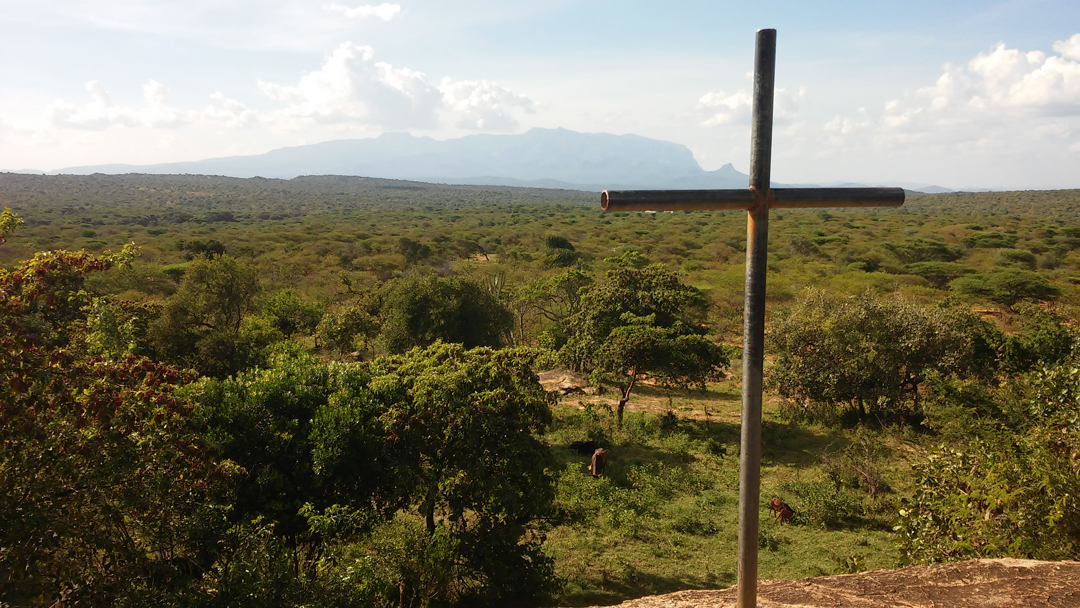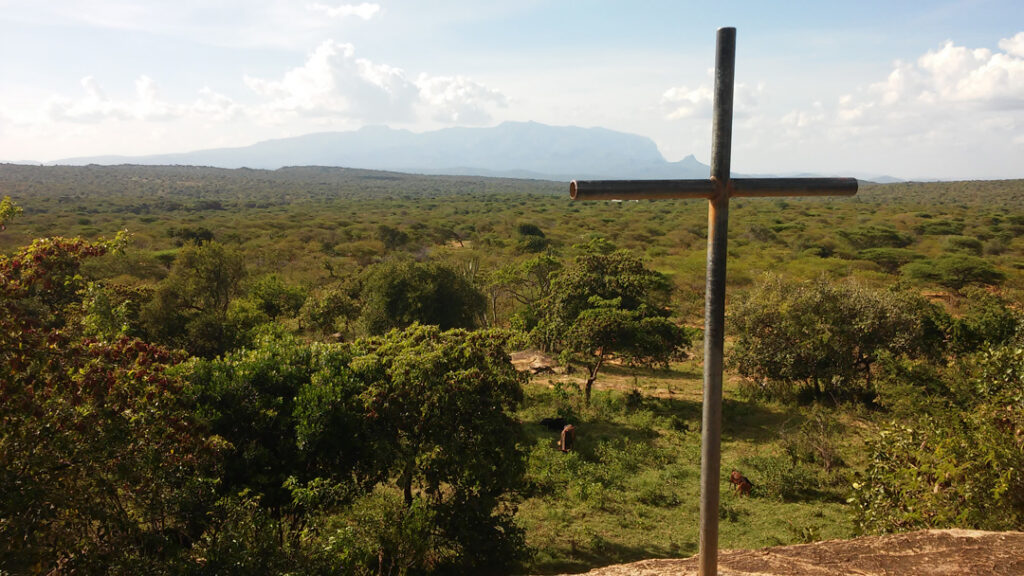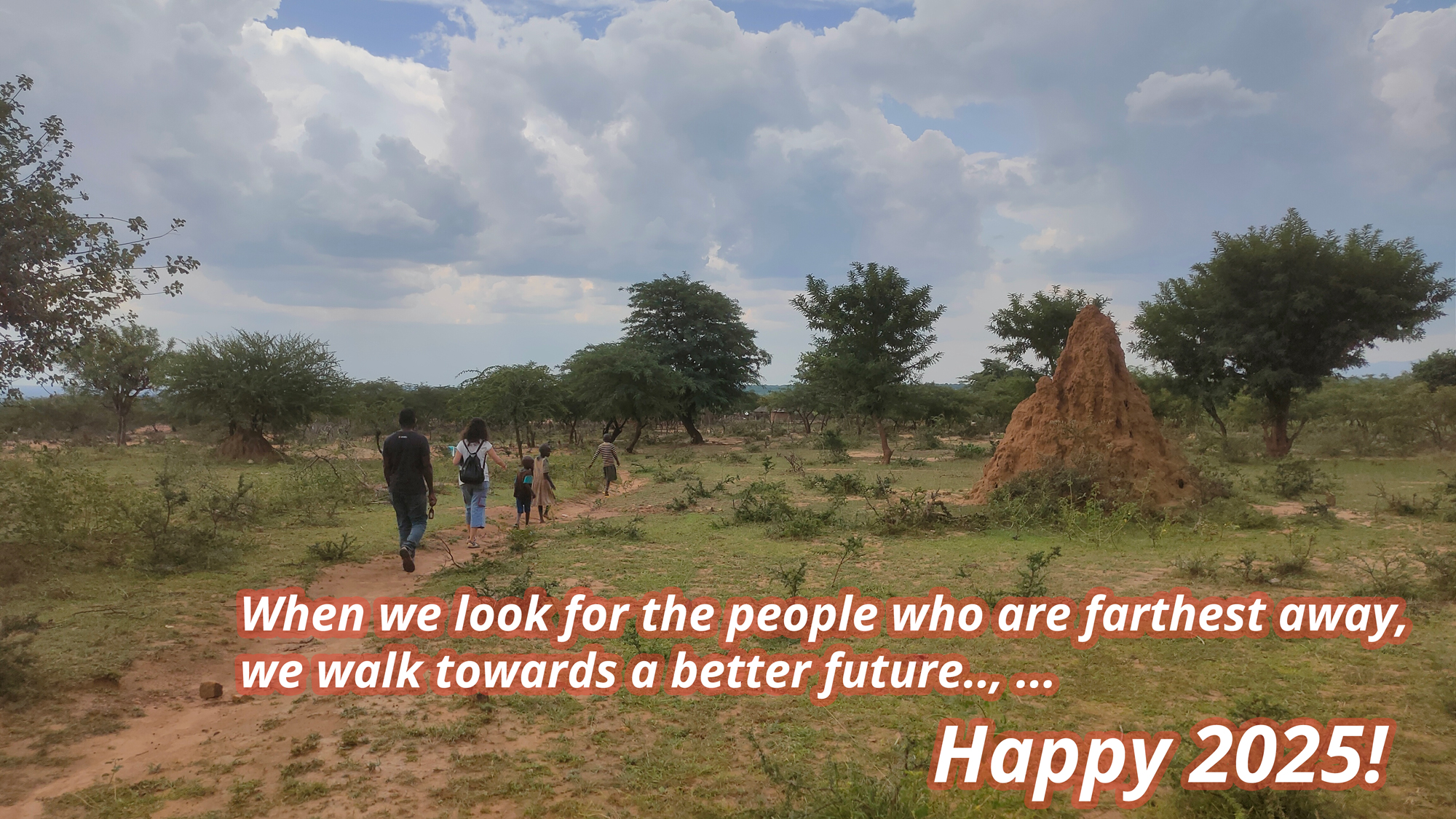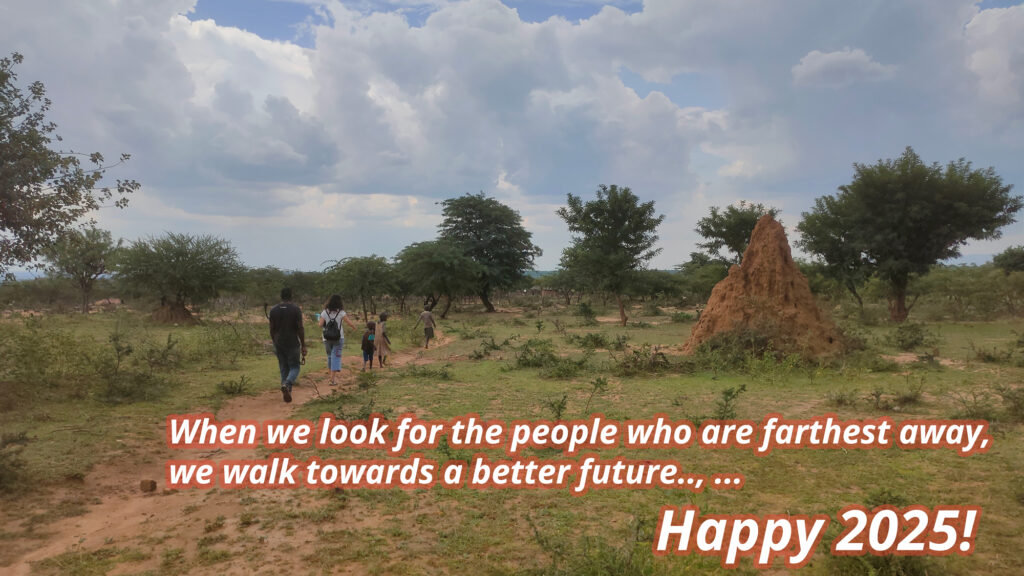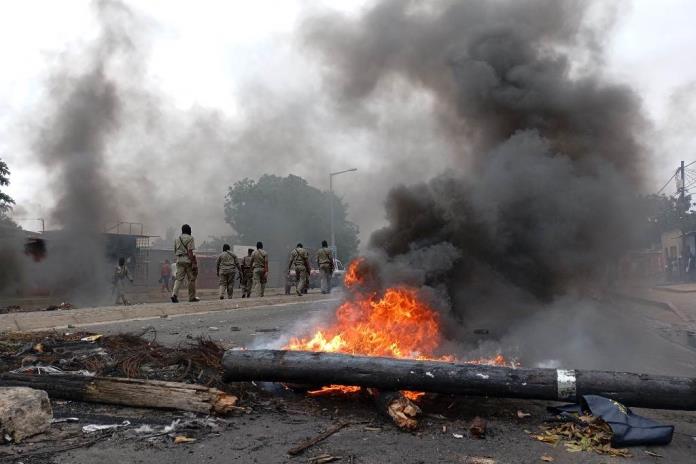As part of the activity program for the 2024-2025 pastoral year, the CLM aspirants organized a missionary outing to Saint Joseph Parish in Assahun-Fiagbé from January 4 to 5, 2025. The activities carried out during this mission included a talk-debate, a film screening, home visits, and the distribution of gifts to children. These actions were carried out in collaboration with the Avenir Positif association, created in 2012 by collaborators of the Comboni Missionary Sisters, aimed at promoting the well-being of children and youth.
Saturday, January 4, 2025: Start of Activities
An initial delegation composed of Jean-Baptiste GNIMASSOUN, Ernest BOTRI, Marie-Claire AWUNO, and Sister Elizabeth CORTE IMPERIAL (SMC) arrived in the village on the afternoon of Saturday, January 4, 2025. After a courtesy visit to the Parish Priest at the rectory, the team went to the parish to begin the first activities of the program.
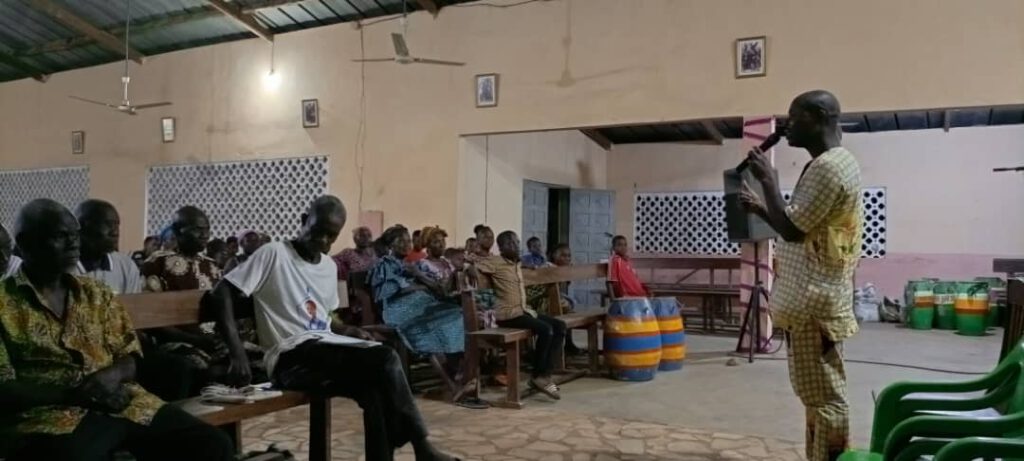
The day began with a talk-debate on the theme: The Commitment of Young Christians in Their Parish, led by Ernest BOTRI. This discussion encouraged young people to become more involved in pastoral activities. In the evening, the screening of the film Jesus of Nazareth in the local language (Éwé) marked the end of this first day.
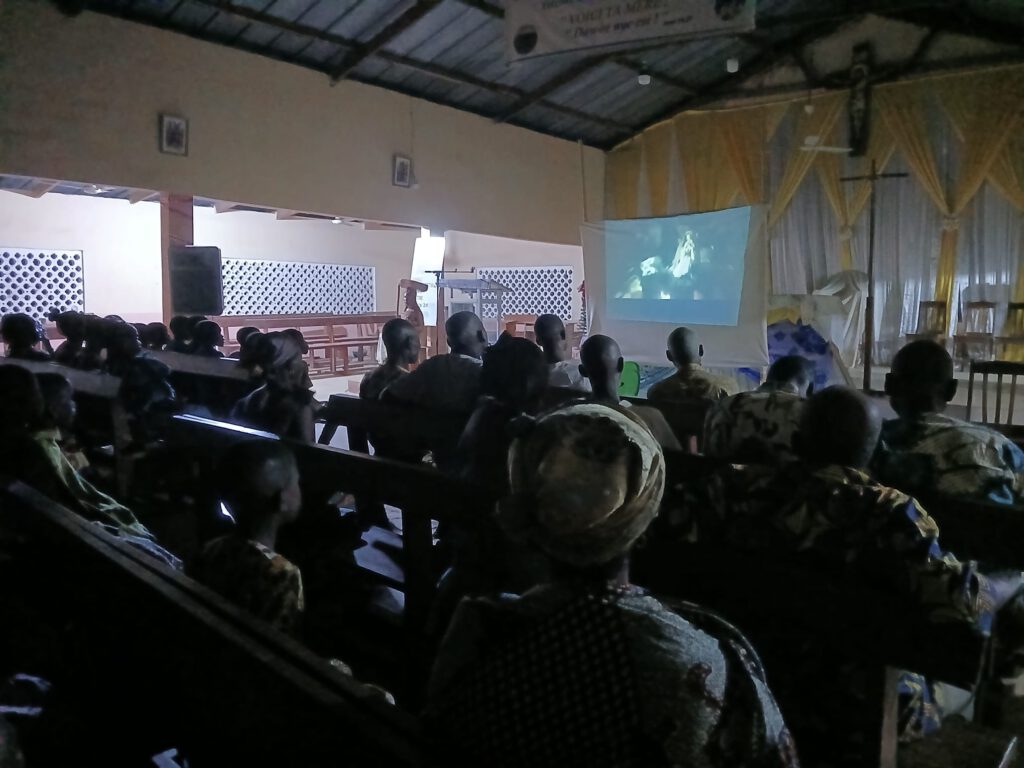
Sunday, January 5, 2025: Main Activities and Closing
On Sunday, January 5, the Feast of the Epiphany, a second delegation composed mainly of members of the Avenir Positif association joined the initial group. All participants attended the Sunday Mass dedicated to the children of the parish and its two sub-stations.
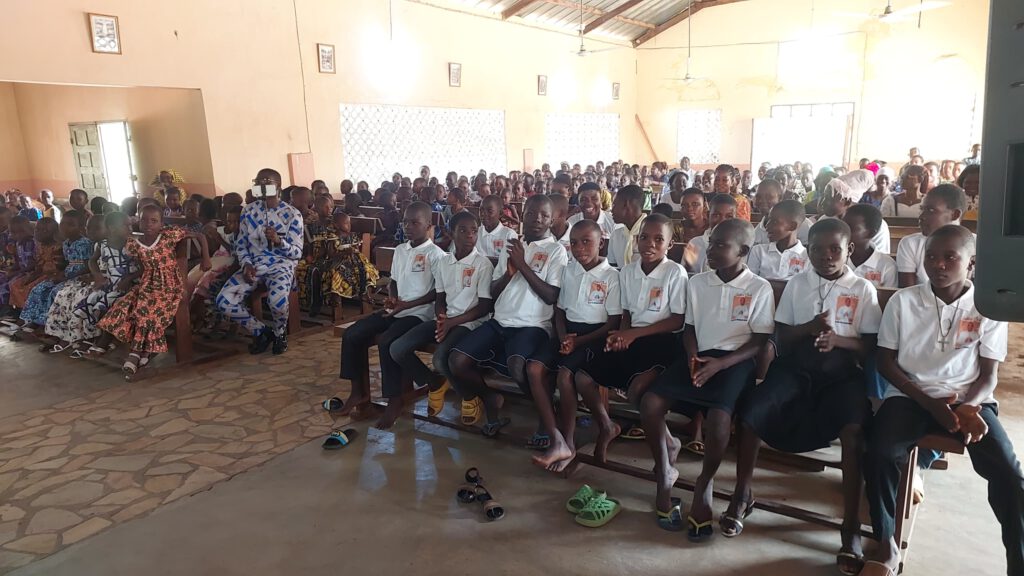
After the Mass, Jean-Baptiste GNIMASSOUN led an educational session on the theme: Healthy Nutrition for a Positive Future. This session raised awareness of the importance of nutrition in children’s development.
Afterward, various games with prizes were organized to entertain the children. Meanwhile, some members, accompanied by parishioners, conducted home visits to the sick and elderly. These visits provided an opportunity to share the Good News and distribute food kits.
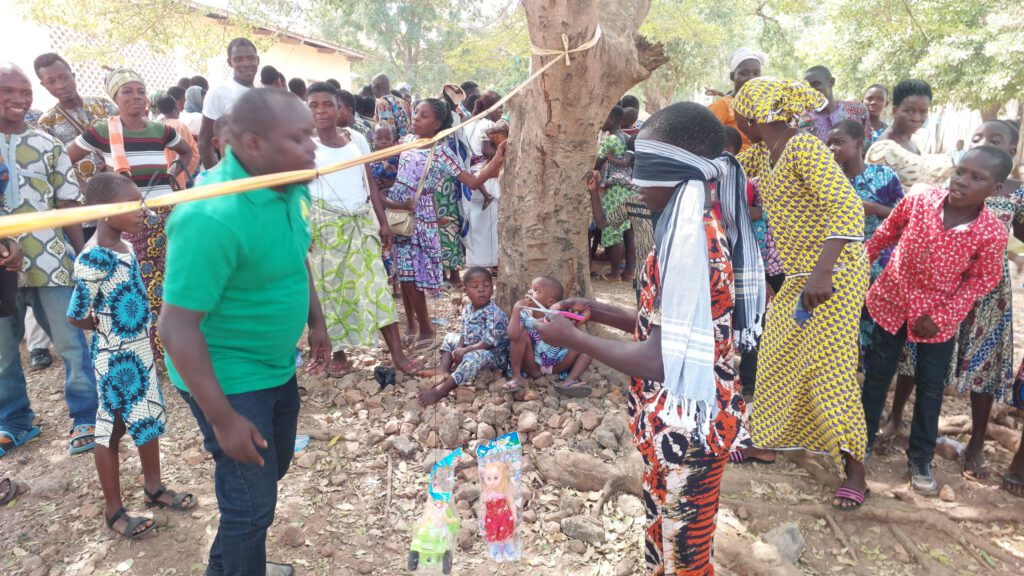
It is also worth noting that a batch of clothing and shoes, donated by Maria Aliya, an LMC aspirant, was handed over to the Parish Priest for the needy.
The mission concluded with a distribution of gifts to the children, bringing joy and hope to many households.
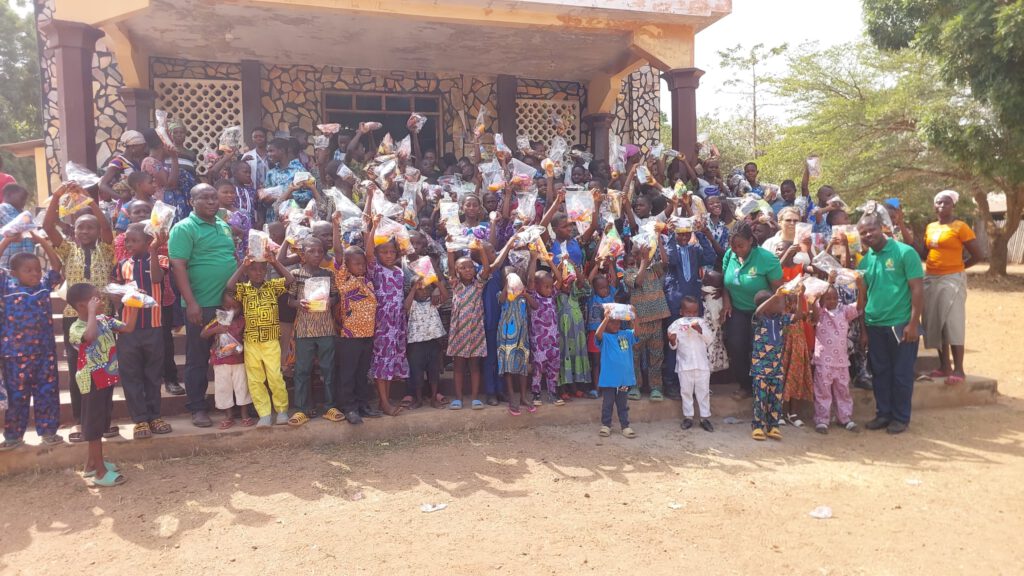
Conclusion
This missionary outing was a true blessing for the Saint Joseph Parish community in Assahun-Fiagbé. It not only strengthened the bonds between the LMC aspirants and the parishioners but also provided spiritual and material support to those in need.
Ernest BOTRI




